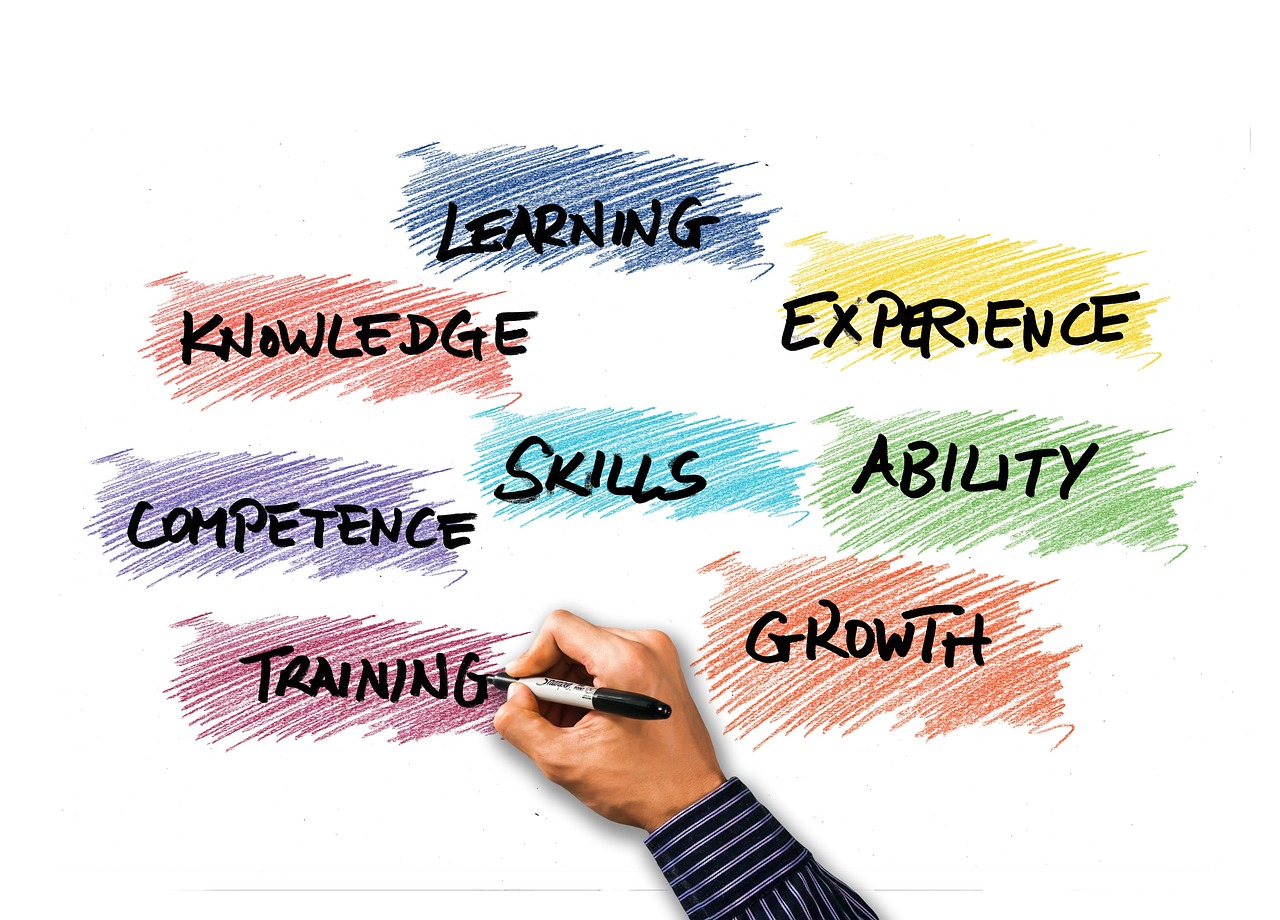Learning from the Past:Embracing the Power of Experience and Lessons in Personal Growth
Introduction
In the ever-evolving landscape of personal and professional development, the ability to learn from our experiences and apply those lessons to future endeavors is a crucial skill. This article delves into the importance of summarizing our experiences and extracting valuable lessons, which can be translated into actionable insights for personal growth. We will explore the concept of "summarizing experience and lessons" and its significance in shaping our future actions and decisions.
The Power of Reflection
Reflection is the cornerstone of learning from experience. It allows us to step back from the immediacy of events and consider them from a broader perspective. By reflecting on our actions, their outcomes, and the emotions involved, we can identify patterns, successes, and areas for improvement. This process is not just about understanding what happened; it's about understanding why it happened and how we can use that knowledge to inform our future actions.
The Art of Summarizing Experiences
Summarizing experiences is an essential part of the learning process. It involves distilling the essence of what we've gone through into concise, meaningful takeaways. Here are some steps to effectively summarize experiences:
-
Identify Key Moments: Pinpoint the moments that had the most significant impact on you. These could be successes, failures, or turning points that led to a change in direction.
-
Analyze Emotions: Understand the emotions that accompanied these moments. Were you proud, disappointed, or surprised? Recognizing these emotions can help you understand your reactions and how they might influence your future behavior.
-
Extract Lessons: From these key moments and emotions, extract lessons that can be applied to future situations. What can you do differently next time? What strategies worked well, and which ones didn't?
-
Formulate Actionable Insights: Translate these lessons into actionable insights. Instead of just knowing what you learned, determine how you can apply this knowledge in practical ways.
-
Share and Discuss: Discussing your experiences with others can provide additional perspectives and insights. Sharing your summaries can also help solidify your understanding and commitment to applying the lessons learned.
Applying Lessons to Personal Growth
Once we have summarized our experiences and extracted lessons, the next step is to apply these lessons to our personal growth. Here's how:
-
Set Goals: Use the insights gained from your experiences to set clear, achievable goals. These goals should be aligned with the lessons you've learned and the changes you want to make.
-
Develop a Plan: Create a plan that outlines the steps you need to take to achieve your goals. This plan should be flexible enough to adapt to new information and experiences but structured enough to provide a clear path forward.
-
Monitor Progress: Regularly assess your progress towards your goals. This will help you stay on track and make adjustments as needed.
-
Seek Feedback: Constructive feedback from others can provide valuable insights into your progress and areas for improvement. Be open to receiving feedback and use it to refine your approach.
-
Embrace Change: Personal growth often involves change, and change can be uncomfortable. Embrace the process and view it as an opportunity for growth rather than a threat.
The Role of Failure in Learning
Failure is an inevitable part of life and a powerful teacher. It's through failure that we often learn the most valuable lessons. Here's how to embrace failure as a part of the learning process:
-
Normalize Failure: Recognize that everyone fails at some point. It's a natural part of the learning process and not a reflection of your worth or ability.
-
Analyze Failure: When you fail, take the time to analyze what went wrong. What can you learn from this experience? How can you prevent similar failures in the future?
-
Learn from Failure: Use failure as a learning opportunity. It can provide insights into your strengths and weaknesses, as well as areas where you need to develop new skills or strategies.
-
Build Resilience: Failure can build resilience, a key trait for personal growth. Resilience allows you to bounce back from setbacks and continue moving forward.
-
Celebrate Effort: Even if you fail, celebrate the effort you put into trying. This can help maintain a positive attitude and motivate you to keep learning and growing.
The Importance of Continuous Learning
In a world that's constantly changing, continuous learning is essential. Here's why:
-
Adaptability: Continuous learning helps you stay adaptable in the face of change. It allows you to acquire new skills and knowledge that can be applied to new situations.
-
Personal Development: Learning new things can lead to personal development, helping you grow as an individual and achieve a greater sense of fulfillment.
-
Career Advancement: In the professional world, continuous learning can lead to career advancement. Employers value employees who are committed to learning and improving their skills.
-
Social Interaction: Learning can also enhance your social interactions. New knowledge and skills can make you more interesting to others and open up new avenues for conversation and connection.
-
Mental Health: Engaging in continuous learning can also have positive effects on your mental health. It can provide a sense of purpose and accomplishment, which can boost your self-esteem and overall well-being.
Conclusion
In conclusion, summarizing our experiences and extracting lessons from them is a powerful tool for personal growth. It allows us to reflect on our past actions, understand their outcomes, and use that knowledge to inform our future decisions. By embracing the power of reflection, applying lessons to our goals, and continuously learning, we can navigate the complexities of life with greater confidence and resilience. Remember, every experience, whether positive or negative, holds the potential for growth and learning. It's up to us to seize that potential and use it to shape our future.




